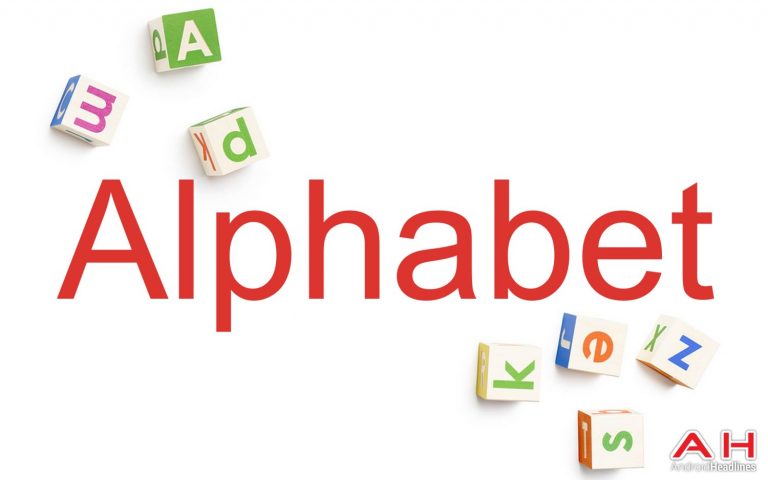
A total of 200 publishers were removed from Alphabet Inc (NASDAQ:GOOGL) ad networks following an increase in so-called fake news. The publishers were banned in the fourth quarter of 2016 in line with an update to an existing policy that sought to deter websites from offering misleading content. Who determines what content is misleading and how is the ultimate question.
On Google’s ad network it is common for advertisers to be ejected if they are found to have provided misleading or false claims. Following the proliferation of so-called fake news in 2016, offending sites were added to the blacklist.
Popular vote controversy
Google is on record for having been on the receiving end after it featured a news item from a supposed false news site. The news item alleged that Donald Trump had beaten Hillary Clinton in the popular vote count when in fact she had garnered close to three million votes more than him. Not all the publishers who were banned were purveyors of this kind of news, though.
As per the ‘bad ads’ report which Google releases at the start of every year, some of the publishers who were banned in the months of December and November last year included websites that impersonated established news media organizations. Some of the impersonators took advantage of truncated top-level domains such as ‘.co’ instead of ‘.com’. Google did not, however, list the offending sites.
Google’s annual ‘bad ads’ report also revealed statistics on the number of ads that had been nixed. A total of 1.7 billion ads were taken down by Google for various violations. This was more than double the 780 million ads that had been removed in 2015.
Better detectors
The Mountain View, California-based tech titan has attributed the jump in ads removed to the technological improvements with regards to tools used to identify offending advertisements and advertiser behavior. In mid-2016 Google had enacted a policy that prohibited payday loan ads as it claimed they were predatory. This resulted in about five million ads of such nature disabled in the second half of 2016.
“In the past year, what’s really changed is that we’ve expanded our policies so we can better protect consumers against issues like misleading ads and predatory offers,” Google’s director of product management, Scott Spencer, told Wired.
In Wednesday’s trading, Alphabet Inc rose by 1.05% to close the day at $858.45.




